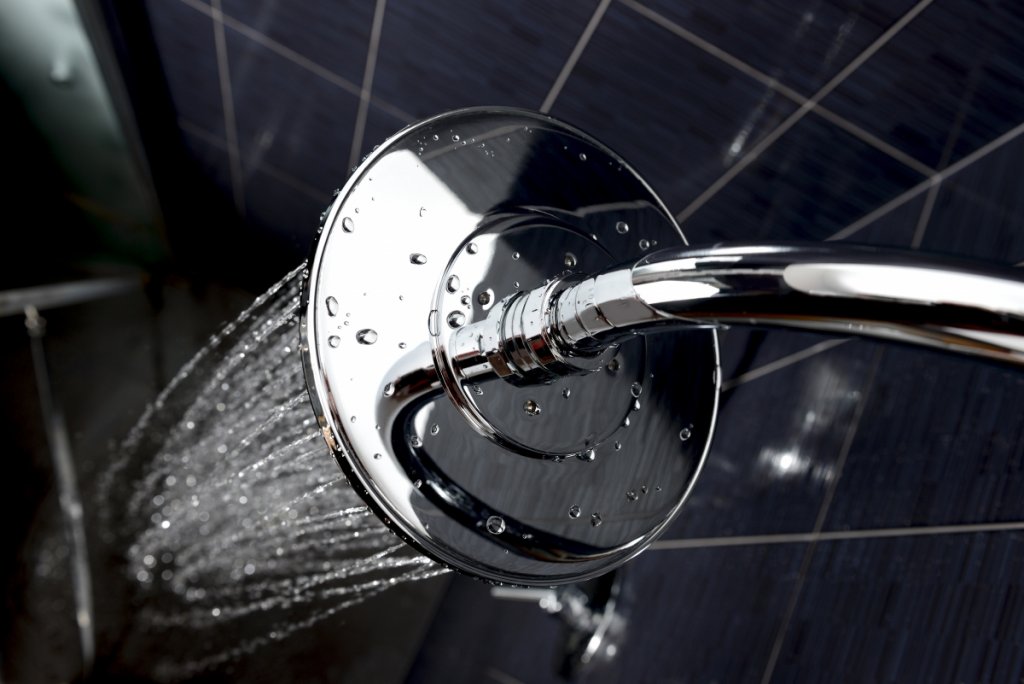In our modern era of advanced irrigation and water supply systems, the “hardness” and “softness” of supplied water has become an important factor to consider for your water system. But water is water, right? What makes some water “hard” and some water “soft”? And why is that relevant for sink water or the water in your boiler? In this blog, we are going to answer those questions and more on hard versus soft water and how water softener systems work.

While our name might mislead you, Burch Oil is proud to provide a selection of water softening and filtrations systems for you and your home. We have been serving the Southern Maryland area for almost 100 years, providing heating oil delivery, installation, and service for a variety of heating, water, and airflow equipment. Water softening and filtration installation and repair is just another service we provide, so keep reading on to learn more about water softening and how Burch Oil can help you.
Hard vs. Soft Water
We have all probably had the experience of drinking someone else’s tap water and being surprised at the taste of it, or the fact that we can taste it at all. This difference in taste is due to your acquired taste for your own tap water, and how the makeup of minerals in someone else’s tap water differs from the mineral makeup of your own tap water. This is the same kind of difference between hard water and soft water.
Hard water is water that has high mineral content, minerals like calcium and magnesium. This mineral content usually comes from the geologic makeup of the location where the water was sourced and treated, like water that has percolated through deposits of limestone, chalk, or gypsum. Hard water is not inherently bad or dirty, and drinking it has even been linked with certain health benefits due to the important minerals within it. But those same minerals can cause a lot of corrosive damage to certain metals and equipment that handle water.
In comparison, soft water is water that contains a very low concentration of ions and minerals. Soft water can naturally occur where drainage basins and natural rainfall interact with very hard and impervious rocks that have low concentrations of these minerals. Soft water can also be produced by using a water softening system that removes minerals from the water. Soft water is also not inherently good or bad either, as you lose a good supply of calcium and magnesium that are necessary for normal metabolism. But among other benefits, soft water lathers with soap much easier, saving water and soap when cleaning, and reduces the likelihood of scale buildup in pipes and fittings.
Soft Water Benefits and Water Softening
Hard water and soft water are more different than one being qualitatively better than the other. Soft water has a particular set of characteristics and benefits that hard water does not. Soft water is more efficient for a variety of cleaning jobs, because soap has a difficult time bonding with the calcium in hard water. So all types of soap, from shampoo to laundry detergent and dish soap will lather more effectively with soft water, meaning less water and soap used every application. The lack of minerals in soft water is much healthier for the skin and hair as well when showering.
But the most important edge that soft water has over hard water is its effect on other materials and water appliances. The minerals in hard water can react with the minerals in your metal pipes or plastic tanks, and cause some serious corrosion and damage, or cause buildups that ruin efficiency and are expensive to fix. That’s where water softening systems come in. There are a number of different ways to “soften” water, from ion-exchange resin to lime softening and reverse osmosis. All of them are as-confusing-as-they-sound chemical reactions that use an exchange of certain charged ions and cations to essentially remove the harmful minerals from hard water. These techniques usually involve two kinds of storage tanks, one that applies the chemical softening process, and a “regeneration” tank that a homeowner adds water softener salt to, which “charges” the application tank so it can keep softening your water.
Water Softener Systems with Burch Oil
The type of water you have in your home is completely up to you, the homeowner. Some folks prefer hard water for a variety of valid reasons. But the other side of the coin shows that soft water is better on your pipes, your appliances, and your budget — which is why Burch Oil is proud to provide water softener systems to homes all across southern Maryland. If you notice that your water has a different, metallic-like taste, or your soap is failing to lather as efficiently as it has before, you might want to get your water tested.
Luckily, Burch Oil provides a FREE in-home water analysis on your home’s water, and our Water Solutions expert can offer information and answer any question you might have about our water softening systems. We have proudly served the St. Mary, Charles, and Calvert counties for almost a 100 years, with a variety of oil delivery, equipment installation, and equipment repair and replacement services, so give us call today and see why we are southern Maryland’s choice for heating oil delivery and HVAC service. Call now!


